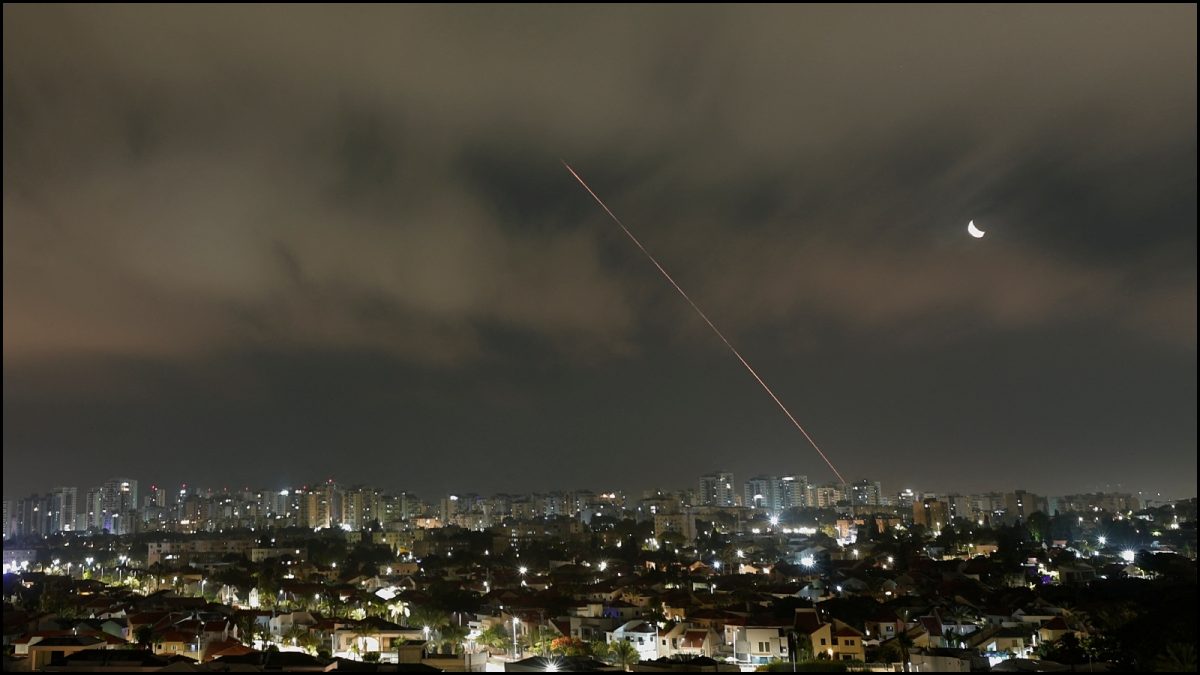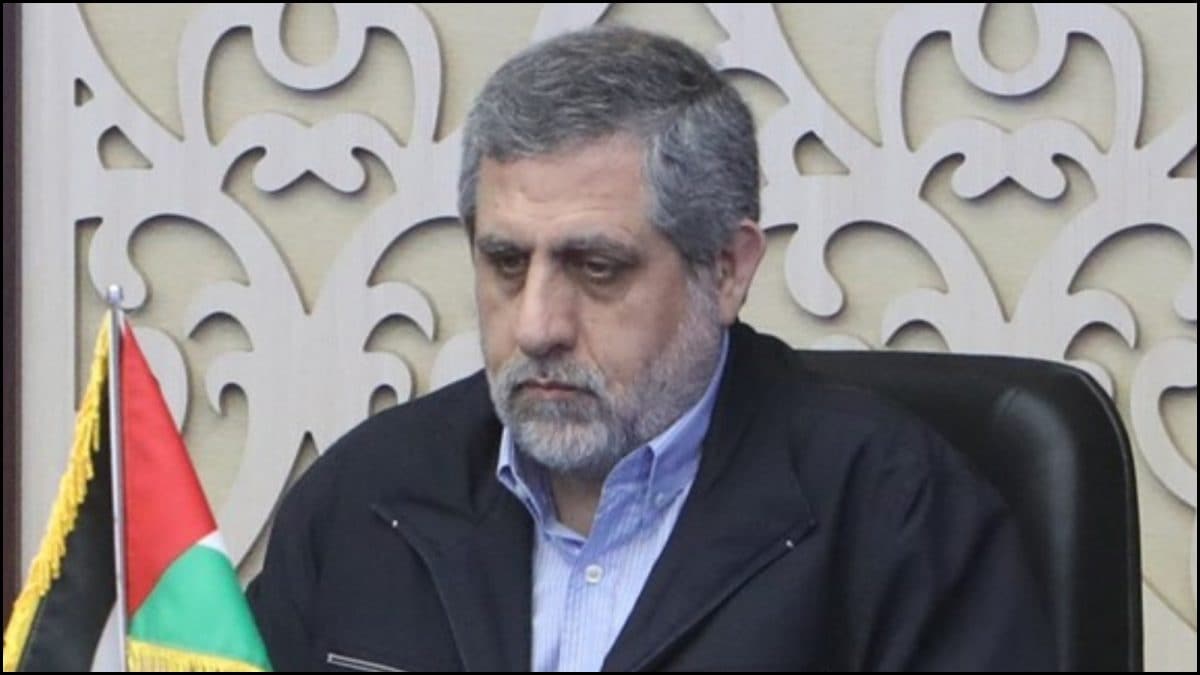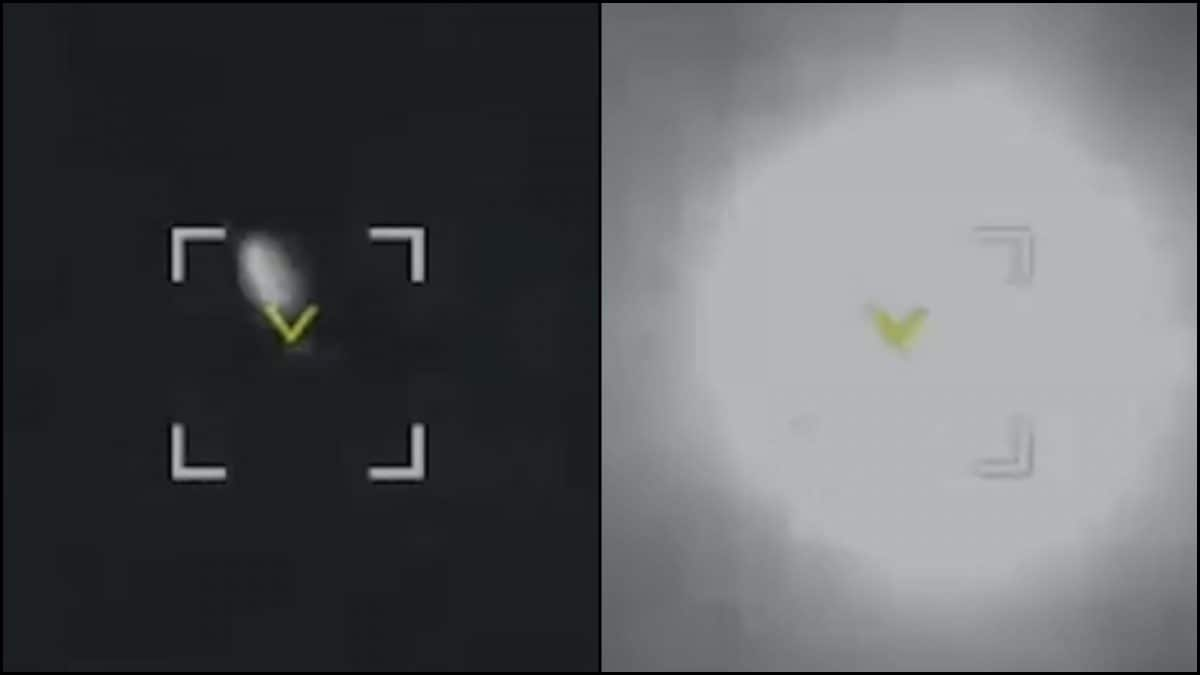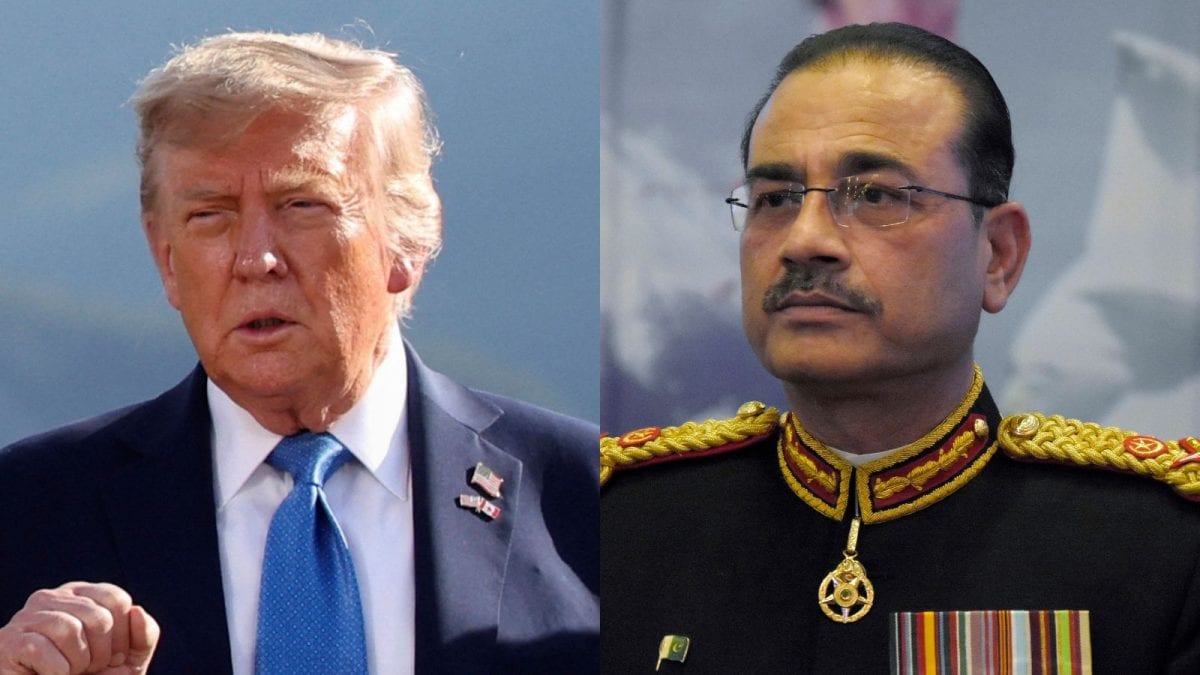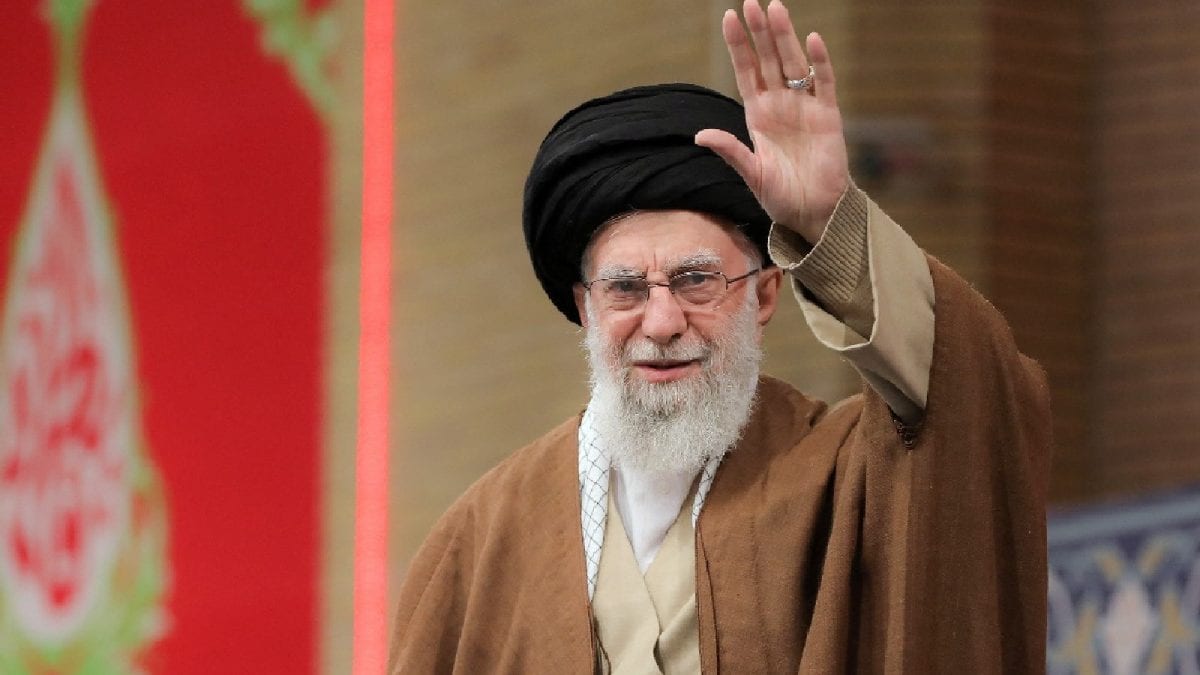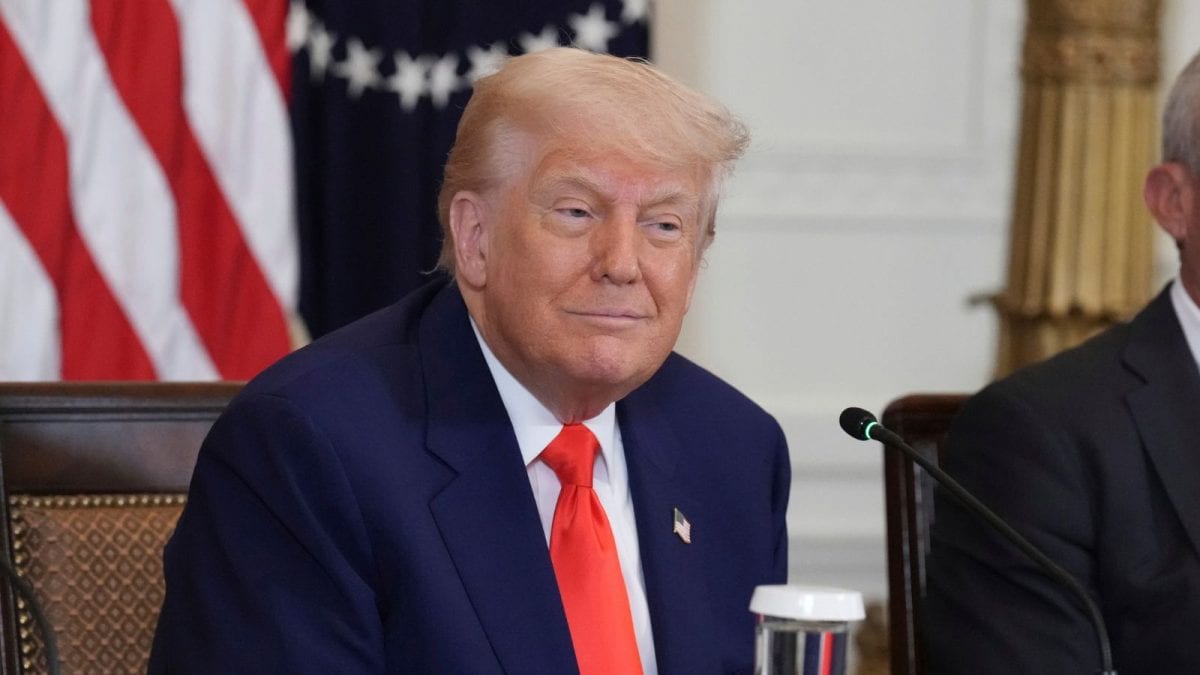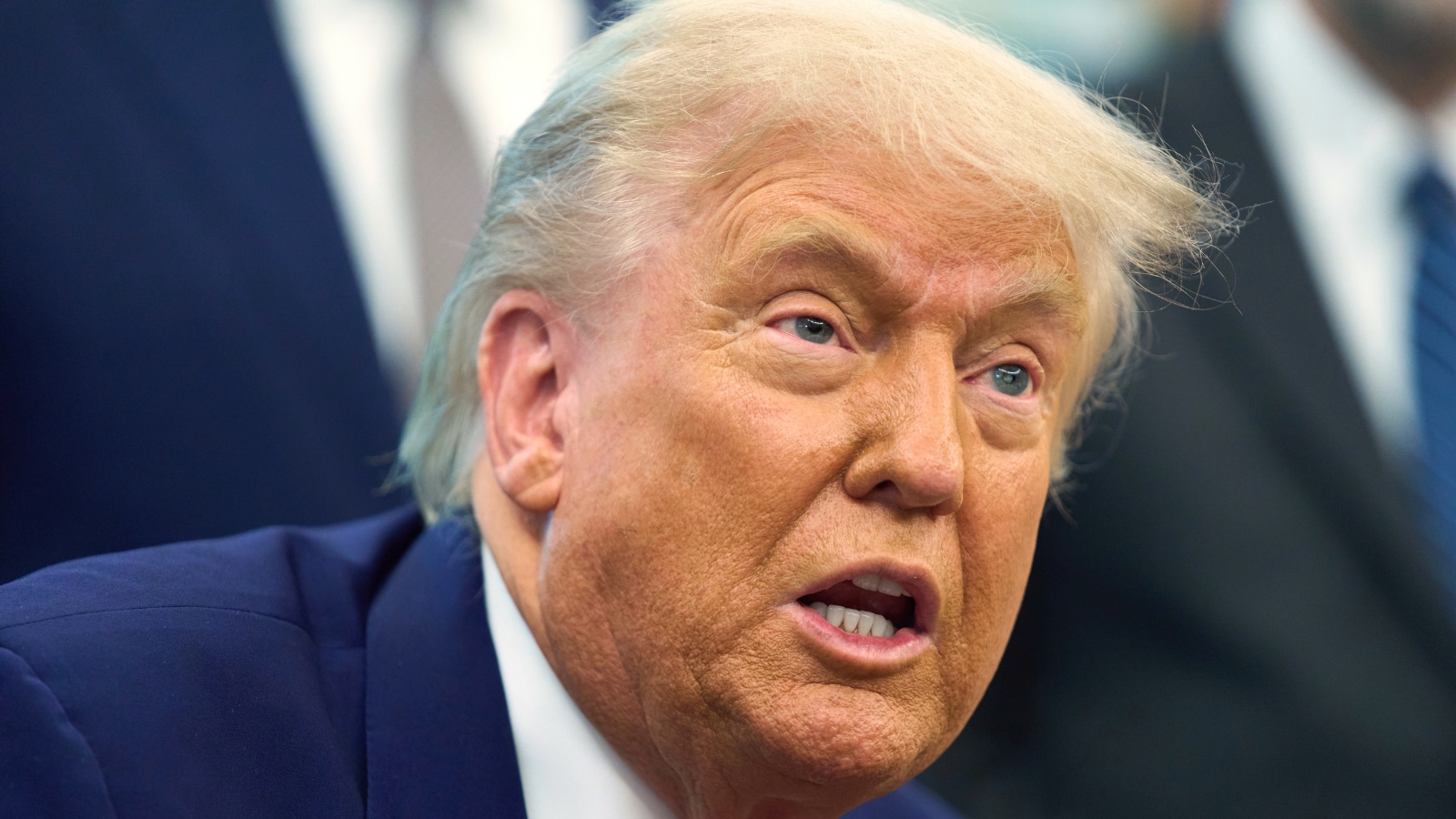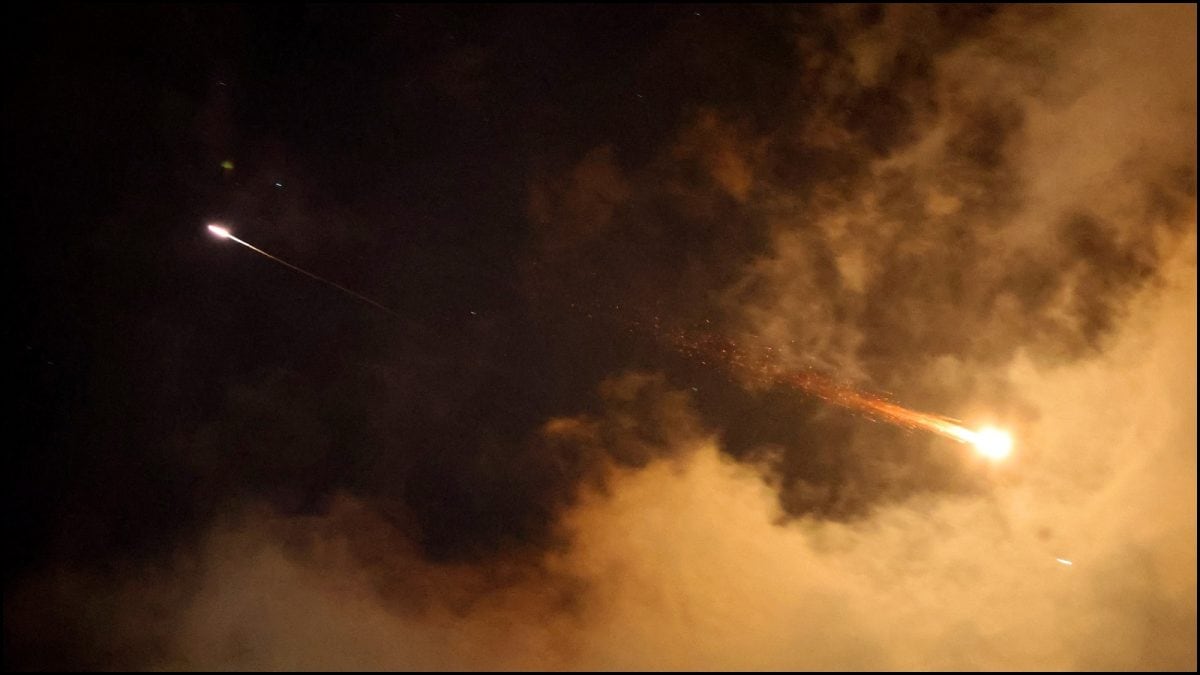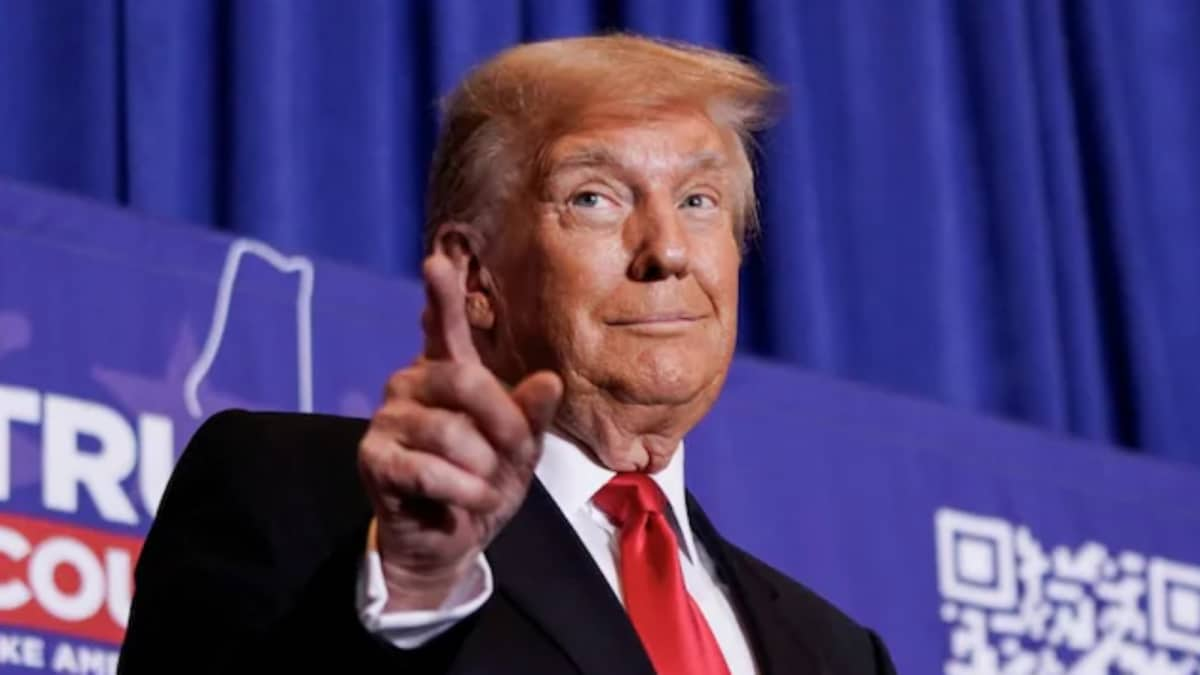Last Updated:May 30, 2025, 08:04 IST
The renewed push for tariffs comes after a court blocked some of Donald Trump’s earlier tariff actions, ruling that the president had exceeded his authority.

US President Donald Trump
The Trump administration is considering imposing temporary tariffs of up to 15% on a wide range of goods from around the world, according to a Wall Street Journal report. The move comes as a response to recent legal rulings that have undermined the administration’s existing tariff policies.
Sources familiar with the matter told the Wall Street Journal that the White House is exploring the use of a little-known provision in the Trade Act of 1974, which allows for temporary tariffs lasting up to 150 days in response to trade imbalances. While no final decision has been made, the administration is weighing the option as a short-term solution while it works on a more permanent strategy, the sources said.
Legal Setbacks On Trump Tariff Plan
The renewed push for tariffs comes after a trade court blocked some of Donald Trump’s earlier tariff actions, ruling that the president had exceeded his authority. The setback prompted the administration to consider a “Plan B," involving the use of Section 122 of the 1974 law—an approach that has not been previously used for broad tariff measures.
According to the report, the administration hopes the temporary tariffs would give it time to develop more targeted, legally sound trade actions against specific countries using other provisions of the same law designed to counter unfair foreign trade practices.
However, the situation remains fluid. A federal appeals court on Thursday reinstated some of the previously blocked tariffs, potentially easing immediate pressure on the administration. Still, officials appear intent on keeping alternative tools at their disposal.
White House Press Secretary Karoline Leavitt confirmed to the Wall Street Journal that the administration is exploring multiple avenues to impose tariffs while appealing the court rulings.
The report also indicates that the administration may increasingly lean on national security justifications for tariffs. Peter Navarro, senior counselor for trade and manufacturing, floated the idea on Bloomberg TV that the White House could invoke the Smoot-Hawley Tariff Act of 1930, which permits retaliatory tariffs against countries that discriminate against the US.
Location :Washington D.C., United States of America (USA)
First Published:News world Trump Administration May Impose 15% Global Tariffs As Legal Challenges Mount: Report

 3 weeks ago
3 weeks ago

